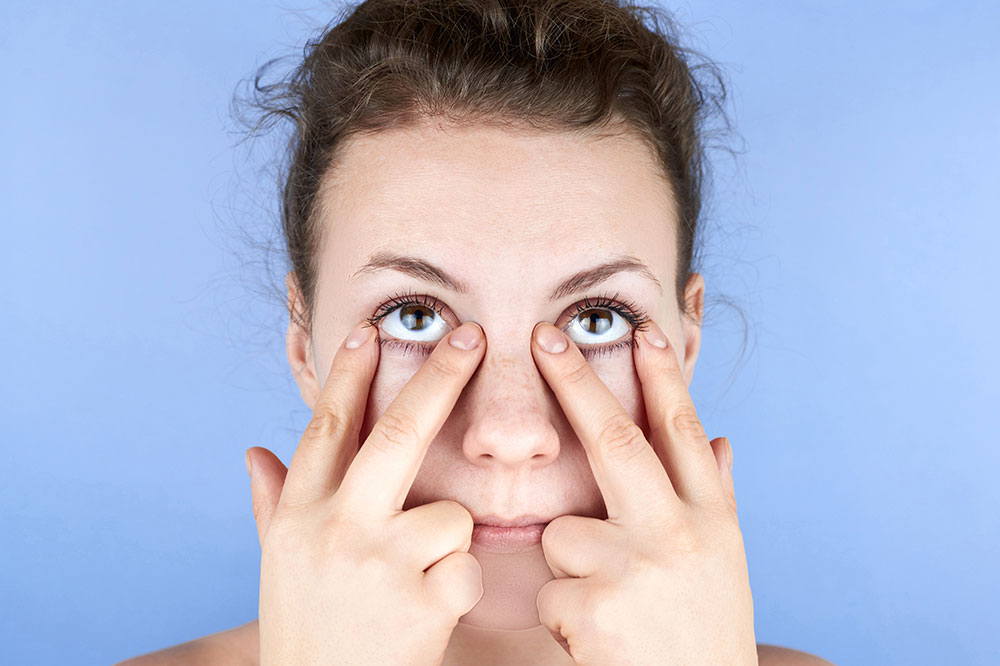Presbyopia – Home remedies and foods to eat
Eyesight often worsens with age, leading to various vision problems. Presbyopia, also known as age-related farsightedness, is an eye condition where patients find it extremely difficult to focus on nearby objects. With age, the lenses become less flexible and fail to contract and relax efficiently. However, the good news is that one can manage presbyopia effectively.

Symptoms of presbyopia
Individuals with presbyopia find it challenging to read fine prints and are often found squinting. They tend to hold reading material at arm’s length to focus. They also find it hard to see in the dark. These things put a lot of strain on the eyes, leading to headaches.
Home remedies for presbyopia
Besides opting for corrective eyeglasses and other treatment options, one can try the following home remedies:
Eye exercises
Simple eye exercises like focusing on an object for a long time, switching from big to small fonts, and switching from blurred to sharper text help improve the lens’ focus. Patients must consult an eye specialist for advice regarding the right exercises based on their condition.
Warm compress
When the eyes feel overworked or strained, it could be challenging to move them. Even resting the eyes could be hard. Dipping a washcloth in warm water and dabbing it on the eyes can help retain moisture and relax the tissues and muscles around the eyes.
Foods to manage presbyopia
Patients must eat foods high in vitamins A, C, E, omega-3, and zinc. These are essential nutrients to keep eye tissues healthy and working at their optimal best. Carrots, avocados, pumpkin seeds, chickpeas, flax seeds, and leafy greens are suitable options.
Besides using home remedies and eating the right foods, patients can keep presbyopia eye drops handy. They help soothe the eyes and improve near vision. However, it is advisable to consult a doctor and learn about the correct dosage before using presbyopia eye drops.











